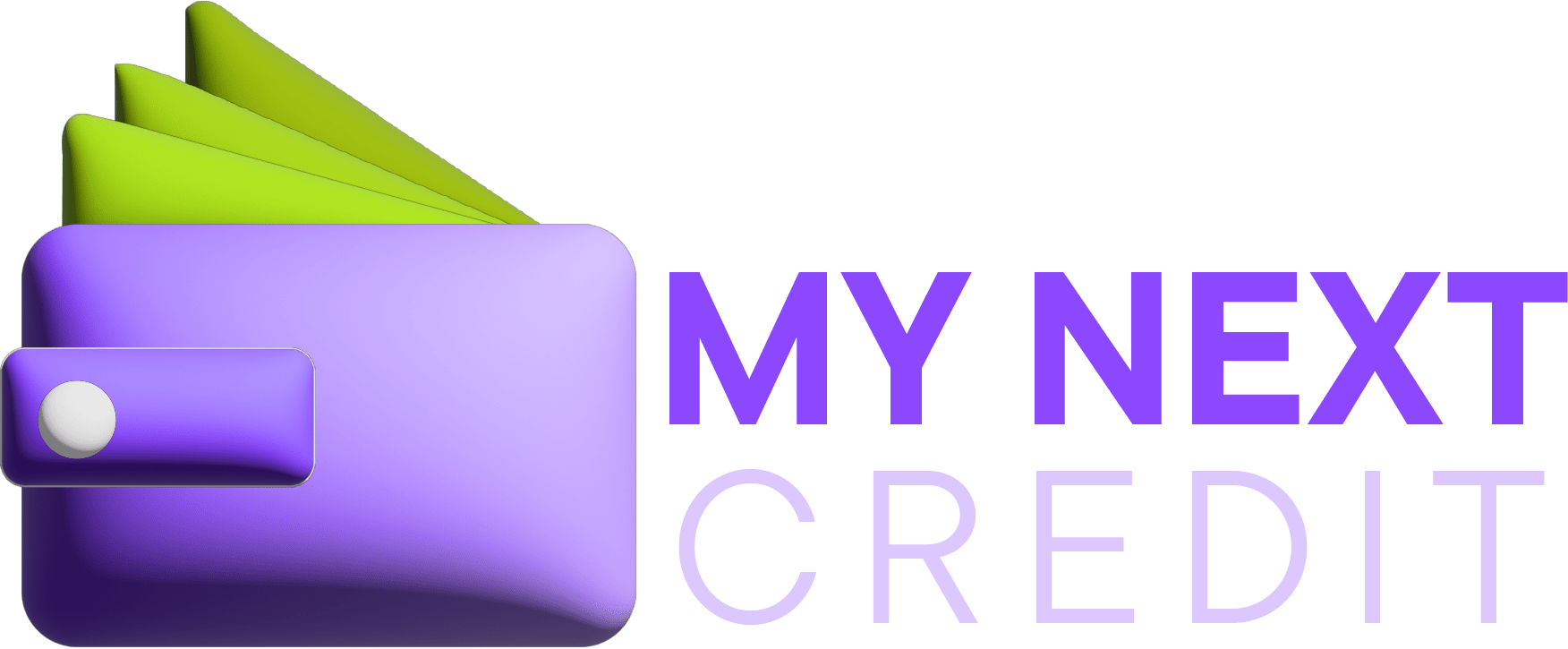Freelancing offers unparalleled freedom and flexibility, but managing an unpredictable income stream can be a daunting challenge. Unlike traditional employees, freelancers often juggle irregular payments, delayed invoices, and inconsistent client work. This unpredictability makes budgeting, saving, and investing a complex task. However, credit cards—when used strategically—can be a lifeline for freelancers seeking to navigate the financial rollercoaster of self-employment.
By leveraging the right credit card benefits, freelancers can build financial stability, cover essential expenses, and even earn rewards on everyday purchases. In this article, we’ll explore how credit cards can empower freelancers to manage irregular payments effectively and maintain a sense of control over their finances.
Credit cards as financial bridges

One of the biggest hurdles freelancers face is the unpredictability of when payments will arrive. A delayed client invoice or a lull between projects can leave gaps in cash flow. Credit cards can serve as financial bridges during these periods, allowing freelancers to pay for essentials without relying on an emergency fund.
By strategically using a credit card for necessary expenses—such as groceries, utility bills, or work-related costs—freelancers can maintain their standard of living while waiting for income to arrive. Many cards also offer introductory 0% APR periods, which means you can temporarily borrow money without paying interest, provided you pay off the balance within the promotional period.
However, it’s crucial to set boundaries. Using a credit card to cover gaps requires discipline. Freelancers should avoid overspending and plan repayments in advance. A solid repayment strategy ensures that credit card use remains a helpful tool rather than a financial burden. By viewing credit cards as bridges, freelancers can smooth out their cash flow without resorting to high-interest loans or depleting savings, creating a more stable financial environment.
Choosing the right credit card: key features to look for
Not all credit cards are created equal, and freelancers should select one that aligns with their unique financial needs. Here are some features to prioritize:
- Low-interest rates or 0% APR offers: These can help minimize the cost of borrowing during lean periods.
- Cash-back rewards: Cards offering cash back on common expenses, like groceries or office supplies, can reduce overall spending.
- Flexible payment options: Look for cards that allow you to adjust payment schedules or offer grace periods.
- No annual fees: Freelancers on tight budgets can benefit from cards without extra costs.
- High credit limits: This ensures that you have sufficient credit to cover essential expenses during slow months.
By carefully evaluating these features, freelancers can maximize the benefits of their credit card and reduce financial stress. Cards with rewards programs can even help save money or earn perks, such as travel points or gift cards, which are valuable for business or personal use. The right credit card isn’t just a financial tool—it’s a key part of a freelancer’s overall strategy for navigating irregular income.
Building credit responsibly as a freelancer
Credit cards also offer freelancers the opportunity to build and maintain a strong credit history, which is essential for long-term financial success. A good credit score can unlock better financial products, including loans, mortgages, and even premium credit cards with better perks.
To build credit responsibly, freelancers should prioritize the following practices:
- Pay bills on time: Late payments can significantly damage your credit score.
- Keep credit utilization low: Use only a small percentage of your available credit—ideally below 30%.
- Avoid excessive applications: Too many credit inquiries can hurt your score.
- Review statements regularly: Ensuring accuracy in credit card reports prevents financial surprises.
With consistent and disciplined use, freelancers can turn their credit card into a tool for strengthening their financial reputation. A strong credit score also serves as a buffer for future uncertainties, allowing access to emergency funds when needed.
Smart strategies for using credit cards
Freelancers often find traditional budgeting methods ineffective due to fluctuating monthly earnings. Credit cards can complement a dynamic budget by allowing freelancers to segment expenses and track spending. Many credit card providers offer tools to categorize purchases, making it easier to identify patterns and manage costs.
For example, freelancers can assign one card for business expenses—such as software subscriptions and client lunches—and another for personal spending. Separating these costs simplifies tax season and helps track deductible expenses. Additionally, using a credit card budget ensures you maintain control, avoiding overspending when earnings spike. A proactive budgeting approach, paired with mindful credit card use, allows freelancers to adapt to the unpredictable nature of their income.
Benefits of rewards and perks
Freelancers can capitalize on rewards programs offered by credit cards, transforming everyday spending into tangible benefits. Many cards offer perks tailored to frequent travelers, tech enthusiasts, or cashback seekers. For freelancers who travel for work, cards with airline miles or hotel rewards can reduce travel expenses.
Similarly, cashback on categories like office supplies can directly support business operations. By aligning card perks with spending habits, freelancers can enhance their purchasing power while reducing costs. Carefully selecting cards with the most relevant rewards ensures every swipe contributes to a freelancer’s financial goals, making these perks more than just a luxury—they become a strategic advantage.
Avoiding common pitfalls
While credit cards offer numerous benefits, freelancers must remain vigilant about potential pitfalls. Overspending, accruing high-interest debt, and missing payments can lead to financial instability.
To avoid these challenges, freelancers should:
- Set limits: Define spending caps to prevent unnecessary purchases.
- Automate payments: Automating minimum payments ensures bills are always paid on time.
- Avoid carrying a balance: Paying off balances in full avoids interest charges.
- Regularly review terms: Stay informed about changes in card terms, such as APR increases or fees.
By proactively managing credit card usage, freelancers can reap the rewards without falling into debt traps.
Conclusion
Credit cards, when used strategically, are invaluable tools for freelancers navigating the challenges of irregular payments in the U.S. From smoothing cash flow to earning rewards and building credit, they offer a lifeline for financial stability. By selecting the right card, using it responsibly, and avoiding common pitfalls, freelancers can turn a potential source of stress into a financial advantage.
With careful planning and discipline, credit cards empower freelancers to focus on their passions and professional growth without the constant worry of financial unpredictability.
